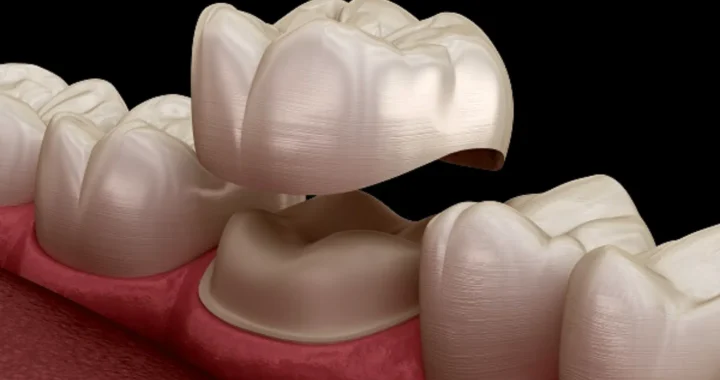What Does a Podiatrist Do?

View of odiatrist using special grinding equipment and making procedure polish for feet. Podiatry specialist in white gloves cleaning skin of client from callus and corn with professional tools.
Podiatric medicine is a branch of medical science devoted to the diagnosis, prevention, as well as treatment of foot conditions arising from condition or injury. A doctor of podiatric medication is to the foot what an ophthalmologist to the eye or a dental professional is to the mouth, a specialist who has undertaken a lengthy, thorough study to be qualified to treat a certain part of the body.
A Doctor of Podiatric Medication, or D.P.M., makes independent judgments as well as does or carries out all required diagnostic tests. They carry out medications, carry out surgical procedures, as well as prescribe physical therapy programs. A Chattanooga podiatry is educated in state-of-the-art techniques involving surgical treatment, dermatology, orthopedics, physical medicine, as well as rehab.
The human foot has an intricate interrelation with the rest of the body, which indicates that it might be the first area to show indications of significant conditions, such as heart disease or diabetes mellitus. Podiatrists often discover major illnesses that might otherwise go undetected, due to the fact that a variety of illnesses materialize first via symptoms of the lower extremities, i.e., diabetic issues, heart disease, arthritis, or kidney illness.
Working Problems
Podiatrists work in a team or individual methods. They may concentrate on a specialty such as geriatrics, pediatrics, or sporting activities medicine, as an example. In addition to personal technique, podiatric doctors may:
- Operate in health centers, including in foot centers connected with a health center, as well as long-lasting treatment centers
- Serve in the armed forces as commissioned officers
- Instruct in schools of nursing and medication
- Operate in local health departments
- Offer in the Public Health Solution
Since podiatric doctors’ secretive practice set their own hours, it is an adaptable job, making it excellent suitable for individuals that require or want a well-balanced lifestyle. Normally, podiatrists work between 30-60 hours a week.
Academic Demands
If you want to be a foot doctor, you must first get a bachelor’s degree and then put on an accredited podiatric clinical college. Your graduate school core curriculum will take four years, after which you will obtain a degree of Doctor of Podiatric Medication or D.P.M.
The first two years focus on classroom direction as well as laboratory work in basic clinical scientific studies. The third, and the 4th years of your study will focus on the professional sciences and client treatment. As holds true for all doctors, the coursework includes composition, biochemistry, physiology, pharmacology, pathology, microbiology, immunology, as well as various other courses associated with medicine.
Furthermore, podiatric medical students discover the fundamentals of specialized medication, including biomechanics, podiatric pathology, lower extremity makeup, orthopedics, infectious diseases, as well as sporting activities medicine.
Professional direct exposures begin as early as the second year. Students of podiatric medicine gain useful experience by operating in podiatric centers in any one of a selection of settings, including area clinics, satellite centers, healthcare facilities, or professional office settings.


 Innovations in Health Screenings: Exploring the Latest Technologies in Clinic Services
Innovations in Health Screenings: Exploring the Latest Technologies in Clinic Services  Dental Crowns –Restoring Strength, Function, And Aesthetics.
Dental Crowns –Restoring Strength, Function, And Aesthetics.  One-Person Wonder: Making Waves in the Massage Industry in Gunma
One-Person Wonder: Making Waves in the Massage Industry in Gunma  How Cataract Surgery in Nashville Improves Vision and Quality of Life
How Cataract Surgery in Nashville Improves Vision and Quality of Life  Maintaining Oral Health: The Role of Dentists in Richmond
Maintaining Oral Health: The Role of Dentists in Richmond  How to Choose the Best Implant Dentist in Sheffield: A Guide
How to Choose the Best Implant Dentist in Sheffield: A Guide